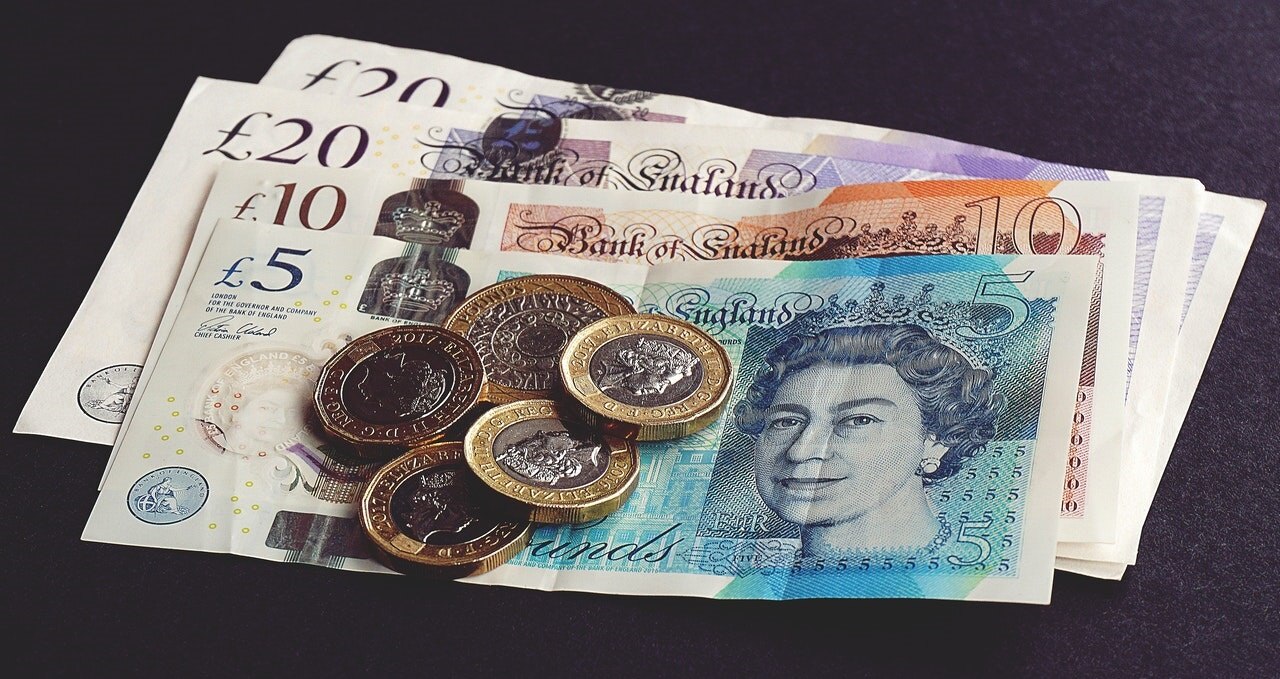You wouldn't have given much thought to a worldwide epidemic or a complete economic collapse when you originally began planning your retirement. Life is unpredictable and weirder than fiction, but so what? Anyone planning on retiring during the epidemic should realise that there is no need to be alarmed, since this may lead to unwise financial choices. Everything will be OK.
Despite the fact that your post-retirement days may not be as pleasant as you had hoped, you may still make a difference by taking action now. All you have to do now is go back to the drawing board and reassess your initial financial strategy to see if any changes are required. In the event of a pandemic, here are a few suggestions for early retirement.
Reduce Your Spending and Increase Your Hours If You Can
Everything in retirement planning revolves around finding the right mix of input and output. Think about working a few more years longer than you intended. You may even take up a couple more shifts or work overtime to boost your income if your health permits. What you do now will have a lasting influence on your future and the quality of your life after you retire. That's why you shouldn't be afraid to work a few more years.
Expenses are also an important factor to consider. Take a look at your spending habits and eliminate everything that isn't absolutely required. You'll have more money to invest and save if you do this. Think about how you'll feel in years to come when you make the choices you make today.
Review Your Investment Portfolio and Adjusted If Necessary
However, if you possess equities in startups or firms that aren't well-established, it is advisable to sell and reinvest in income-producing assets rather than hold on to the stock in question. While the earnings won't be as high as you had planned, a steady stream of income from investments might help cover some of your retirement costs.
Reinvesting in stocks of well-established firms at a discount is an option for those who are more willing to take risks. Since such equities have lost some of their value, there is no certainty that they will ever recover.
Reduce Your Debt and Find New Ways to Make Money
For those whose financial plans have been ruined by the epidemic, it is best to strive to decrease your debt as much as possible. Debt may have an impact on your long-term financial security, so it's best to avoid entering retirement with a large amount of debt. Long-term loans like vehicle loans and mortgages, as well as high-interest credit card debt, are especially destructive types of debt. On top of all that, avoid taking on any additional loans or obligations at all costs, since this might further damage your financial situation.
Make a concerted effort to uncover and reap the benefits of new revenue streams. Try to find methods to make money from your property or real estate. If you want to make more money, you may start a side job or part-time employment. Look out for government subsidies, tax incentives and grants as well as stimulus programmes.
Don't Panic-Sell Your Stocks
Uncertainty leads us to exaggerate the magnitude of a disaster's effect. To survive, we've developed this way; it's in our nature. At this time, being reactive is not an option; being proactive is. Keep in mind the long-term ramifications of any choices you make in regard to your investment portfolio.
Selling your shares in a well-known company, such as a technological behemoth or a well-known beverage brand, may not be the greatest decision. However, history teaches us that established organisations are more likely to recover from a downturn in the stock market than those that are just starting out. It's a good idea to maintain your stocks rather than completely liquidate your business. You have to bear in mind that cash is a deflationary asset that will eventually lose its value.

Make a Difference with Small Things
It's important to remember that retirement isn't a race but a marathon. Because of this, even little behaviour might have a big influence on the end outcome. In order to achieve your retirement financial objectives, here are a few simple things you can do now.
- Get a good accountant who can save you money in the long run by doing your taxes. If you can save £1,000 to £1,500 by using an accountant instead of doing your taxes yourself, it's a worthwhile investment.
- Keep all the tax credits you're eligible to rather than letting them go to waste, it’s possible your claim may be denied.
- You need to set a budget and stay with it. Ensure that you are only spending money on items that are really required in your life.
Final Word
There is no doubt that the COVID-19 epidemic has caused major disruptions in people's routines and is particularly hard on seniors. Their retirement plans have been thrown out the window as the markets and economy have come to a grinding standstill. That being said, there is no need to worry, as you may use wise money management and investing methods to guarantee that you are financially secure for the rest of your life.